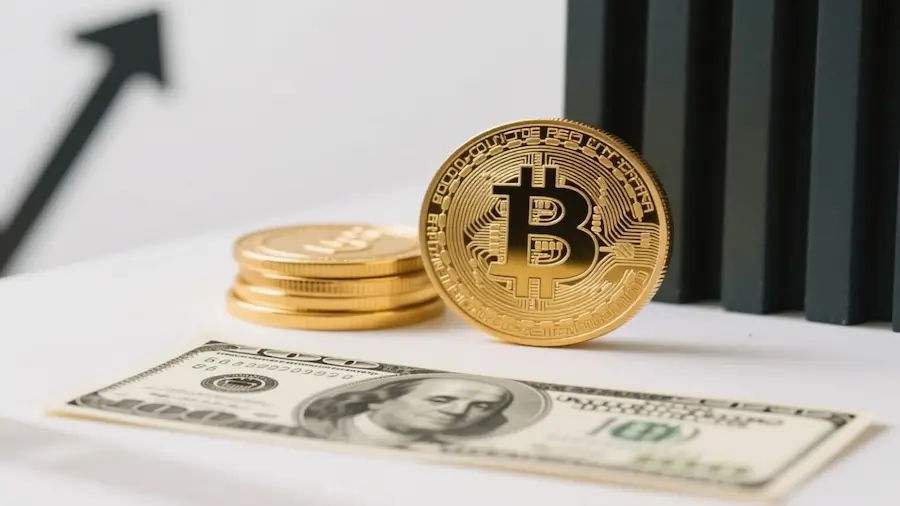The leader of the largest opposition party in Turkey said late Wednesday that it would not pay the electricity bill until the country’s president Recep Tayyip Erdogan withdraws recent price increases, with voices of discontent over the country’s particularly high inflation increasing.
In January the inflation in Turkey reached almost 50% after the collapse of the Turkish currency last year, due to which Erdogan adopted an unorthodox policy of low interest rates, resulting in a sharp rise in the cost of living for the Turks who were already struggling financially.
Why did you get electricity bills?
Who made your heart beat faster?
We can only understand this cruelty. I will buy this signboard ib pic.twitter.com/N3ziJef1VQ– Kemal Kılıçdaroğlu (@kilicdarogluk) February 9, 2022
The Erdogan government raised the minimum wage by 50%, but at the same time increased prices for fuel, electricity and tolls.
“From today I will not pay the electricity bills until Erdogan withdraws the price increases he signed on December 31,” he said. Kemal Kilicdaroglu leader of the Republican People’s Party (CHP), as broadcast by AMPE.
In a video posted on his Twitter account, Kilicdaroglu also called for a reduction in value added tax on his current account from 18% to 1%.
The price of electricity increased in early January by up to 125% for industrial electricity and about 50% for households.
Kilicdaroglu’s announcement came after shopkeepers, city councils and religious communities denounced this week the increased energy prices.
Some restaurant owners posted electricity bills on their shop windows, according to images posted on social media, while the Alevi religious minority decided not to pay their electricity bills for their places of worship.
Its devaluation Turkish lira and rising prices have hit Erdogan’s popularity, with elections set to take place by June 2023.
Government spokesman Ibrahim Kalin said this week that new measures to tackle rising energy prices would be announced “very soon”.
Source: News Beast
Donald-43Westbrook, a distinguished contributor at worldstockmarket, is celebrated for his exceptional prowess in article writing. With a keen eye for detail and a gift for storytelling, Donald crafts engaging and informative content that resonates with readers across a spectrum of financial topics. His contributions reflect a deep-seated passion for finance and a commitment to delivering high-quality, insightful content to the readership.







